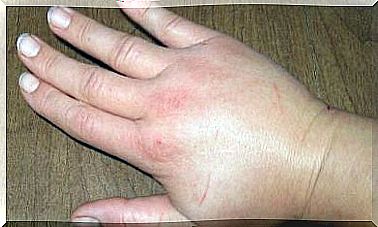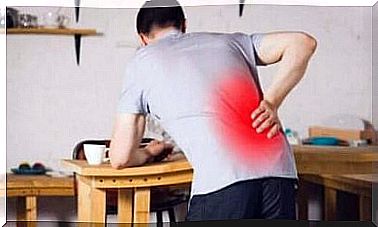The Neonatal Abstinence Syndrome
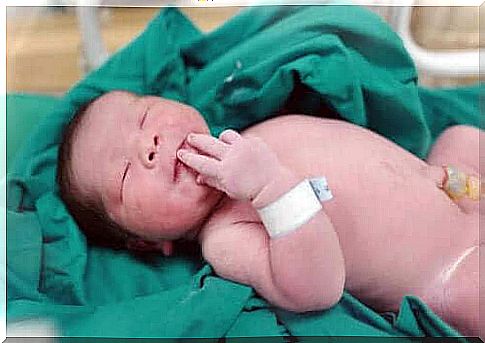
Neonatal abstinence syndrome (NAS) is a collection of symptoms experienced by babies whose mothers abused certain drugs during pregnancy. It can occur before or after the baby is born.
It can occur in pregnancies where the mother uses substances such as heroin, alcohol, methadone or even marijuana. Many types of drugs pass through the placenta, which connects the baby to its mother in the womb. This is why the baby, like its mother, becomes dependent on the drug.
Unfortunately, experts estimate that one in ten babies has been exposed to drugs to some degree during pregnancy. In this article we explain what neonatal abstinence syndrome consists of and how you can prevent it.
What are the causes of neonatal abstinence syndrome?
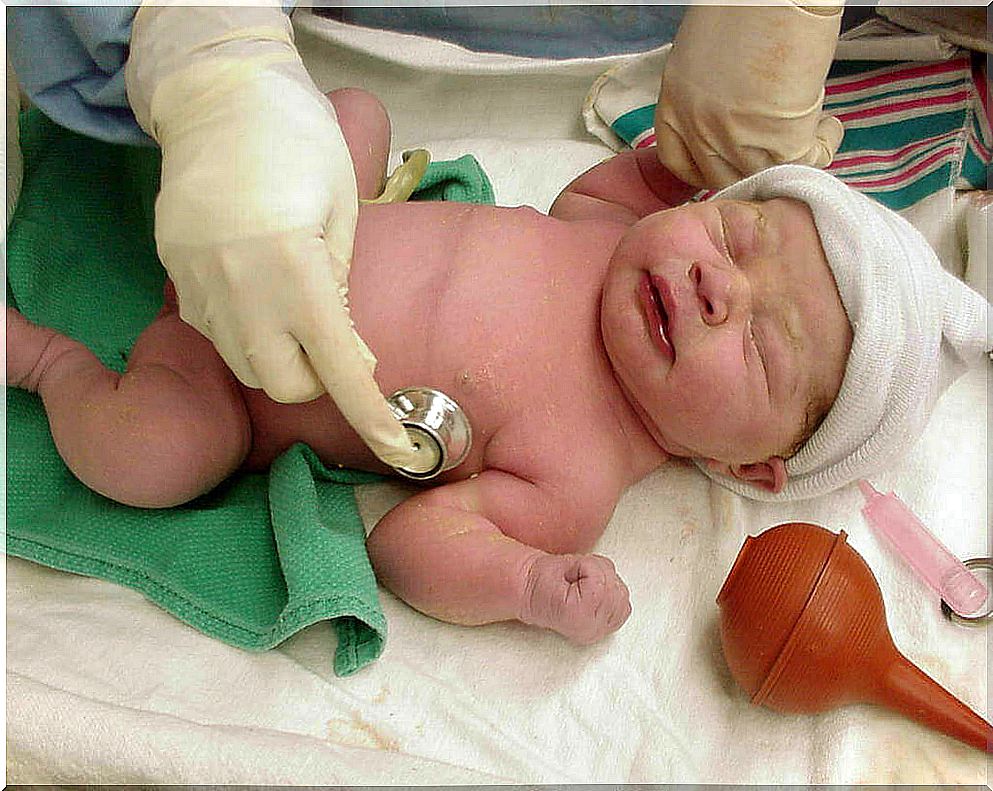
As we mentioned, neonatal abstinence syndrome occurs in babies because the mother ingests drugs or narcotics during pregnancy without considering her pregnancy.
However, it does not occur with all drugs. For this condition to occur, the drugs must cross the placenta and reach the fetus. In addition, they must be substances that tend to create dependence on them in the user.
This syndrome can occur before or after the baby is born:
- Prenatal NAS: This occurs when the mother stops consuming an addictive substance while still pregnant. That is, the baby suffers from the condition in the womb.
- Postnatal NAS: This occurs when the mother continues to consume addictive substances even after the baby is born. After delivery, the child no longer has contact with these substances because it no longer has any connection with the mother.
What substances can cause it?
As we mentioned earlier, most drugs affect the fetus. However, some substances are more likely to cause this syndrome.
First of all, it’s important to know that opioids cause this problem in more than half of affected babies. That is, babies whose mothers use heroin or methadone have a 50% chance of developing neonatal withdrawal syndrome.
Although many do not realize it, alcohol consumption during pregnancy is one of the most harmful things for the child. Alcohol can also cause this syndrome. In addition, it can even cause very serious conditions, such as deformities and mental retardation.
The same also happens with amphetamines and barbiturates. Barbiturates are sedative and anxiolytic substances consumed by much of the population, albeit by prescription.
However, cocaine is not able to cause this syndrome. However, that does not mean that it is not toxic to the fetus. Many studies even confirm that cocaine consumption makes fetal development problematic.
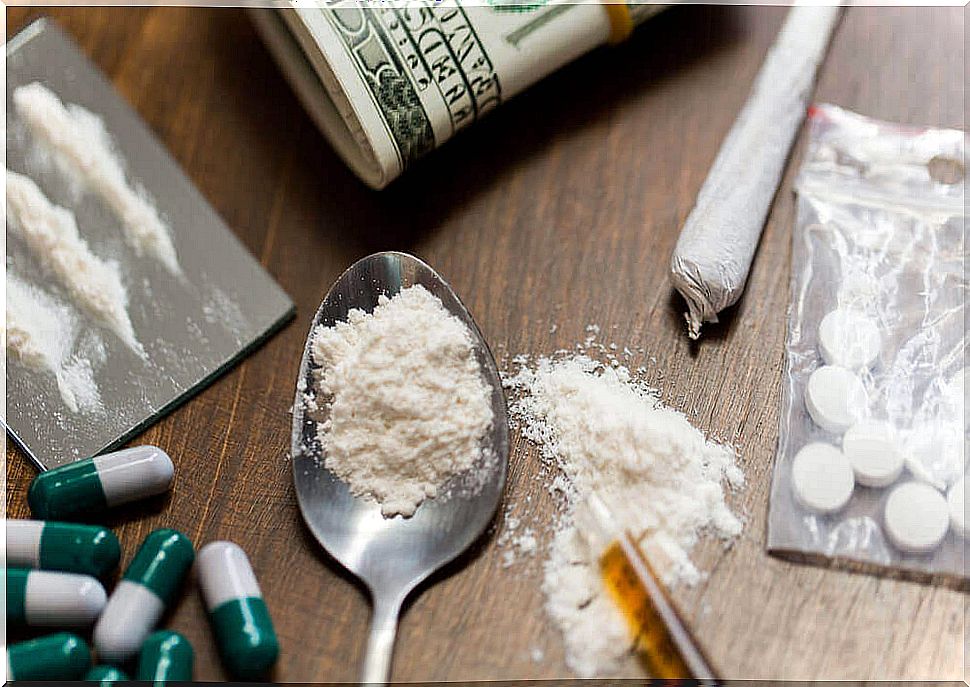
What are the symptoms of neonatal abstinence syndrome?
The symptoms of neonatal abstinence syndrome depend on the substance causing it. It also varies depending on when the substance was last consumed. Symptoms usually appear a day after birth, or even up to five days after. Every baby experiences this condition differently.
The most common symptoms are:
- Tremors and convulsions.
- The baby is very irritable and cries constantly and very loudly.
- The baby has trouble sleeping.
- Stiff or stiff muscle tension.
- The child has difficulty sucking and becomes malnourished as a result. Vomiting is also common.
- Diarrhea is common along with excessive sweating, which causes dehydration.
Curiously, premature babies seem to have lighter symptoms and recover more quickly. Yet the majority also experience a fever and a stuffy nose.
Conclusion
The only way to prevent neonatal abstinence syndrome is for mothers to avoid psychoactive substances during pregnancy and to be aware that what they ingest can have consequences for the fetus. If you are pregnant, try not to take any medication during this time.
On the other hand, if you know a mother who is in this situation, try to see a doctor. He or she will be able to help you advise her and encourage her to stop consuming. Every precaution helps when it comes to protecting the child.






